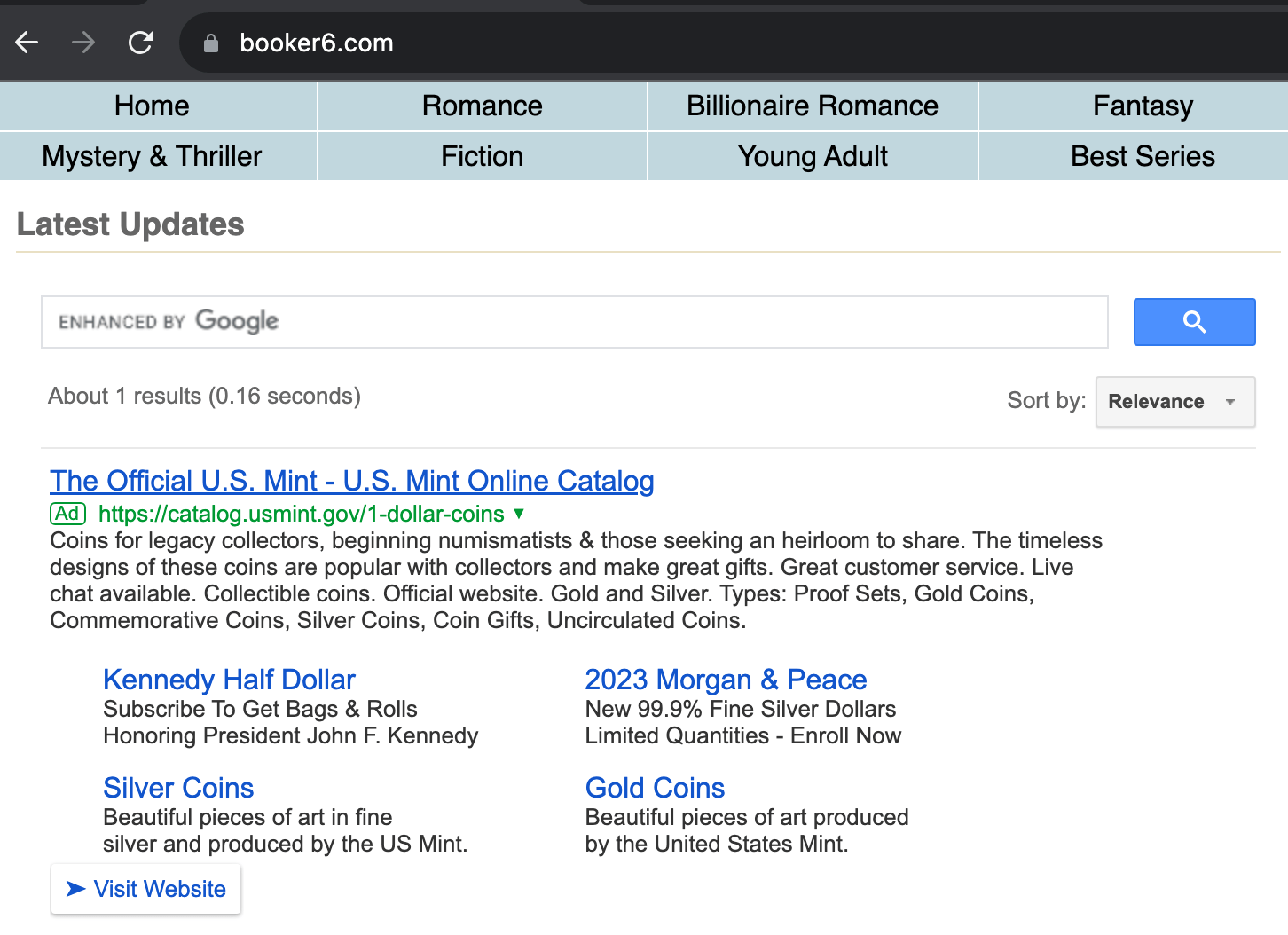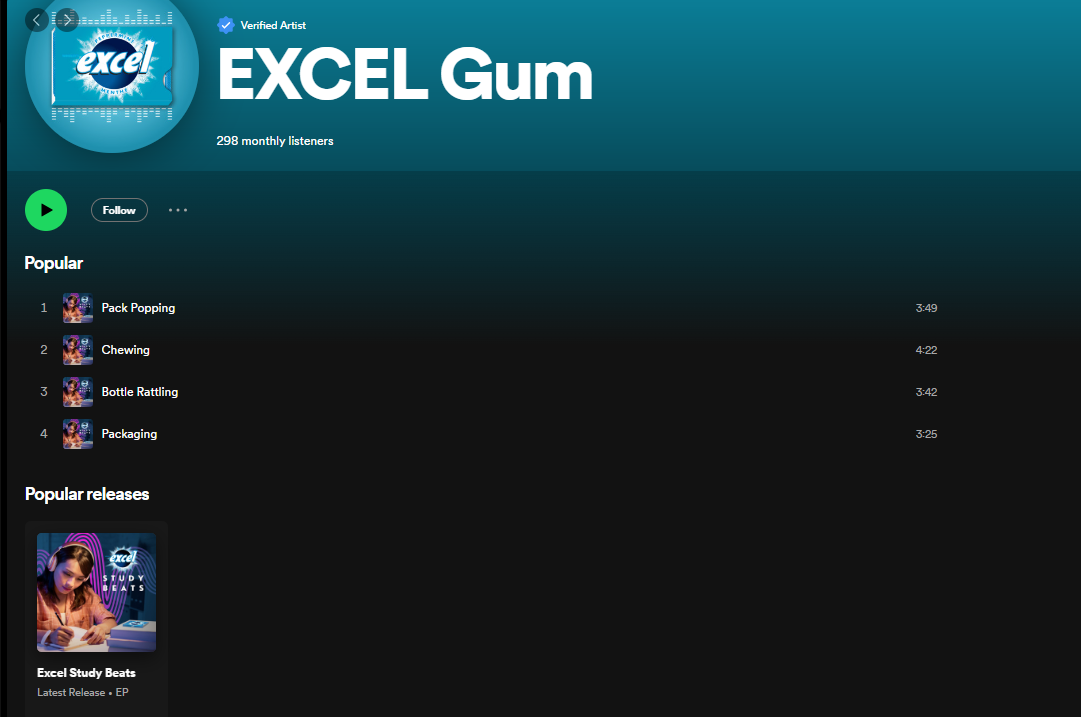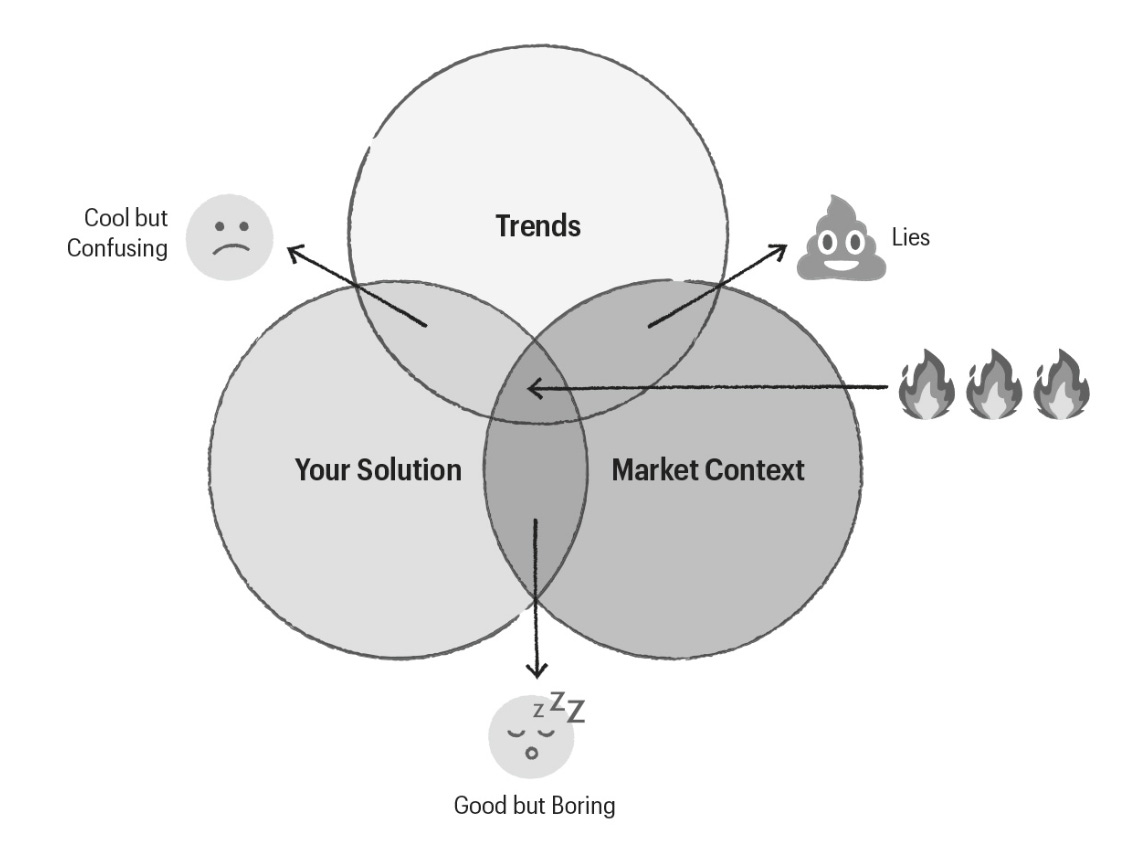Marketing Dojo #46:🔎Click me if you can. 🕵🏽
Youtube's slimming skip ads button, chewing gum ASMR and a case for transparency in digital ads.
Dear all,
Welcome back to the Marketing Dojo - for the 46th round.
Spotify kicked off the holiday season with its Spotify Wrapped 2023. I transitioned to YouTube Music earlier this year and am having a FOMO.
Despite being in its 7th year, Spotify Wrapped maintains its allure - repeating good ideas is not such a bad thing, after all!
In today's issue, we will cover:
🤣Meme time: The tiny world of YouTube's 'skip ad' button
🍬ASMR featuring chewing gum
🚨Google ads are in trouble (again)
💾 Have data will sell ads
Before we dive in, a couple of things -
If you are already subscribed, I am grateful for your support. Thank you for keeping me going.
Second, if you haven’t already, consider subscribing to The Marketing Dojo.
Meme-time: The Tiny World Of Youtube’s ‘Skip Ads’ Button.
YouTube's Skip Ads button has gone on a diet.
Android Police reported a wider test for YouTube's smaller Skip Ads button. The new pill-shaped button is two-thirds the size of the current skip ad button.
With a crackdown on ad-blockers and now this miniaturization, YouTube is going all-in to make the monetization work on its platform.
The advertisers will suddenly see massive improvements in their video ad performances overnight. It's not because consumers suddenly find ads as gripping as the latest thriller. It's about that slim button being a tad harder to press.
Google's Ads Are On the Wrong Side of the Web.
Adalytics strikes again.
Ad tech research firm Adalytics has accused Google of placing ads on blacklisted sites, including pornography sites, right-wing fringe publishers, and White House-sanctioned Iranian and Russian sites.
At the heart of this contention is the Google Search Partners (GSP) program, a facet of Google Ads that broadens the reach of search ads to an extensive network of non-Google sites.
By default, campaigns are enrolled in GSP. Adalytics estimates that GSPs generate a staggering $10.5 billion annually.
However, Adalytics points out a significant downside: an abundance of brand-unsafe ad inventory within these partners.
The 269-page report is complete with multiple screenshots evidencing these unsafe ad placements. One startling example is a U.S. government agency's advertisement on a known piracy website.
The revelations come six months after Adalytics published a report about Google Video Partners, a YouTube campaign extension product that sold subpar placements as premium inventory and gave advertisers almost no visibility into where their ad dollars were going.
The report casts a shadow over the efficacy of Google's brand safety measures, sparking a demand for greater transparency and control over ad placement sites. As Google faces its largest anti-trust trial, scrutinizing its dominant position in search, these allegations arrive at a critical time.
The demand is reasonably straightforward - Google provides complete transparency & control on the websites where the ads are displayed.
For now, Google has denied the allegations, saying that Adalytics has a track record of publishing inaccurate reports that misrepresent Google's products and make exaggerated claims.
As the digital advertising world watches closely, the question looms: Will Google address these concerns, or is it a case of a corporate giant being 'too big to care'? The answer, it seems, will soon unfold.
A New Advertiser is Taking Flight.
Businesses are getting creative with customer data to make more money has become a common emerging theme in 2023.
Struggling with profitability, many brands are transforming their businesses into modern advertising platforms.
A recent Wall Street Journal article reveals that United Airlines is contemplating leveraging its vast customer data repository to offer personalized advertisements. This strategy marks a significant departure from traditional advertising methods—such as inflight magazines, entertainment screens, and even boarding passes—towards a more targeted approach.
United Airlines is not alone. Earlier this year, Marriot also launched its advertising network that would enable advertisers to serve personalized ads on hotel room TV screens, apps and the email database.
Why now? Well, Google is phasing out cookies, which have been pivotal in targeting and retargeting ads. The value of directly sourced customer data is skyrocketing. For companies like Marriott and United Airlines, the timing couldn't be better to transform their rich customer data into a profitable venture.
Chew on This: Excel Gums Taps into ASMR Craze
ASMR stands for Autonomous Sensory Meridian Response. It's a feeling of relaxation and a tingling sensation in the scalp and down the spine that some people experience in response to certain sounds, like whispering or tapping. People often watch ASMR videos to feel calm and relaxed.
ASMR content is particularly popular among younger generations. Approximately 34.61% of millennials (aged 26-32) and 31.13% of Gen Zers (aged 19-25) in the United States follow ASMR content. This demographic views ASMR as a tool for enhancing mental health and self-care, using it for relaxation, sleep, and stress relief.
No wonder multiple brands have jumped onto the ASMR trend - like Hyundai, Ikea, and Zippo have dipped into the ASMR trend to remain relevant with their younger audiences.
Excel Gums, made by Mars, is the latest one to develop an exciting take on the ASMR trend. The EXCEL Study Beats campaign integrates ASMR with the experience of chewing gum.
This approach not only leverages the ASMR trend but also connects it with the everyday habit of chewing gum, creating a unique and immersive brand experience.
Excel Gums is collaborating with ASMR influencers @asmrjas, @mashakatasonov, and @kawaiimlln to create content on YouTube, TikTok, and Spotify, including live ASMR study sessions.
Brands strike gold when their solutions are at an intersection of trends, the brand's solution and the market context.
Excel Gums seems to have hit this trifecta, skillfully leveraging the ASMR wave to resonate with and captivate its young, trend-conscious audience.
Short Stuff:
Does search optimising your company’s name help? (How about “Newsletter near me”?).
Amazon launched its own version of AI image generator & chat (An all-out arms race).
93 Advertising statistics for your next marketing presentations (Bookmark worthy stuff).
That’s a wrap on this week. Thank you for your time and attention. If you liked this week’s newsletter or found something interesting - please give me a like or drop a comment. Your support helps drive the discoverability of the newsletter.
Once again, thank you for your time. See you in your inbox next Wednesday.
Regards,
Garima
P.S: I'm thrilled to share some exciting personal news: I'm stepping into a new chapter at 3M Inc. As the automotive industry landscape rapidly evolves, 3M is at the forefront of this transformation, especially in auto electrification.
The success of electric vehicles is a team sport, and material science companies like 3M are a vital part of the ecosystem.
I have just accepted the Global Segment Marketing Leader, Automotive Electrification & Aerospace role in the Advanced Materials Division of 3M Inc.
I am excited to re-enter the world of the automotive industry.
Here's a small request: If you know someone in the auto electrification segment in any shape or form, please connect. I want to learn as much as I can about my customers.
I appreciate any help you can provide.







